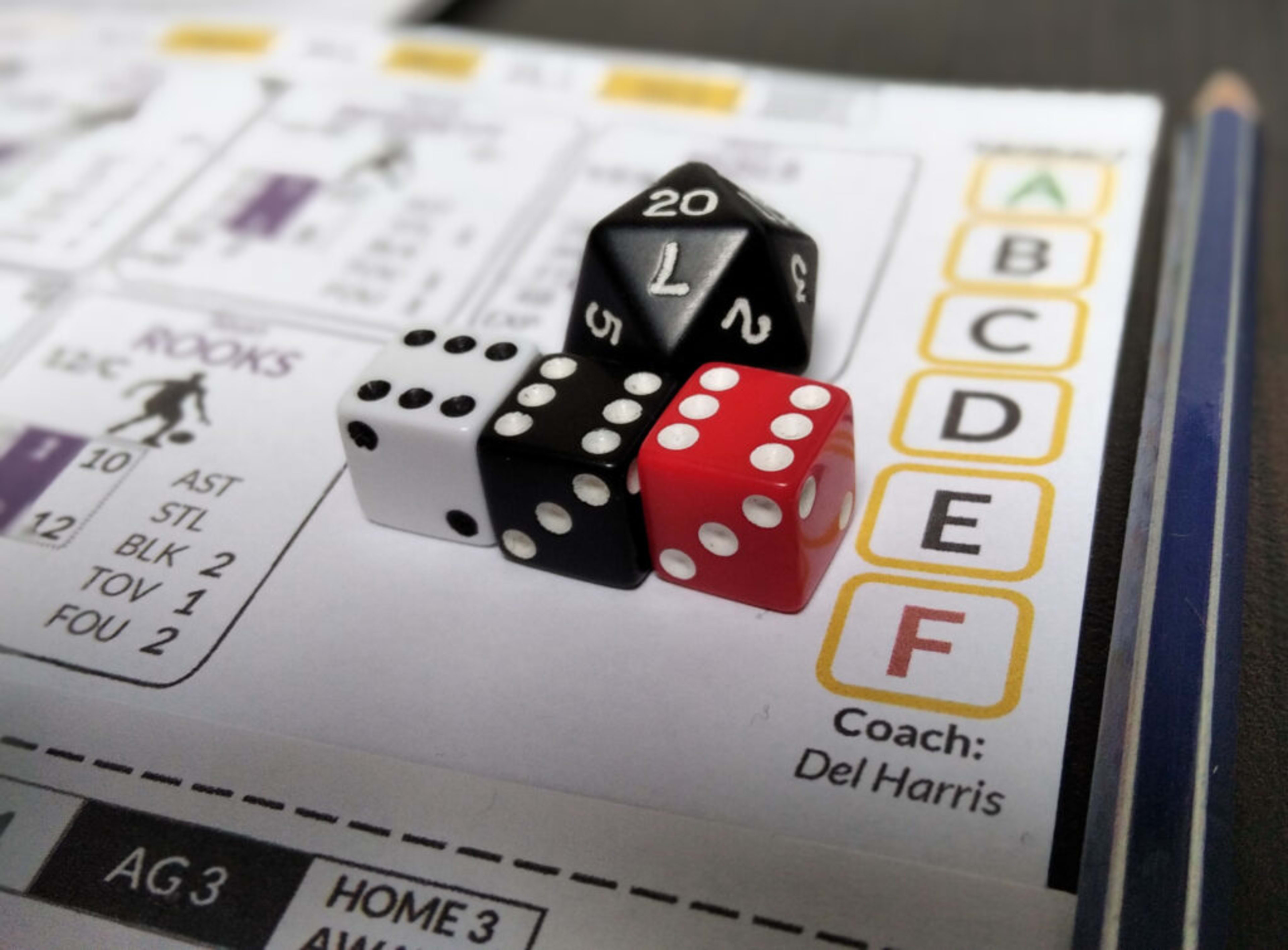Provably Fair Dice: How Randomness Is Verified

Dice games really stand out as one of the most transparent and trustworthy crypto-native instant games you can find, largely down to their use of provably fair technology. This smart system lets players independently verify that every dice roll is genuinely random and totally free from any funny business, giving you loads of confidence in the game's fairness.
How Client and Server Seeds Work Their Magic
At the core of this provably fair tech is the clever use of two main parts: the client seed and the server seed. Before any dice game round kicks off, the server whips up a secret seed – only known to the server – and then shares a crypto hash of this seed with you, the player. At the same time, your own device (the client) generates its own seed. These two seeds are then combined to decide the outcome of your dice roll.
This dual-seed setup makes sure that neither the casino nor you can single-handedly mess with the result. Because the server commits to a hashed seed before the game even starts, it can't go back and change the outcome later. Meanwhile, your client seed throws in that essential randomness that the server can't predict ahead of time.
Cracking the Code: SHA-256 Hashing and How to Verify
The server seed's hash is created using the robust SHA-256 cryptographic algorithm. Think of it as a super-secure, one-way function that spits out a unique string of a fixed length. This hash is shared with you before you start playing, acting as proof that the seed remains exactly as it was throughout the entire round.
After the round concludes, the server reveals the original seed. Players can then use the SHA-256 algorithm to hash the revealed seed themselves and verify that it matches the previously shared hash. If the hashes match, it proves the seed was not tampered with, confirming the fairness of the roll.
This process of pre-committing to a hashed seed and revealing it afterward is fundamental to the provably fair mechanism, creating transparency and trust between the game operator and the player.
Ensuring Randomness Through Combined Seeds
Once the client and server seeds are combined, the game uses a deterministic algorithm to produce a random number, which determines the dice roll result. This algorithm ensures that every roll outcome is reproducible given the same seeds, which players can verify independently.
The combined seed method eliminates any possibility of premeditated outcomes, as both the player's and server's inputs are essential. This system prevents cheating by either party and guarantees that the randomness is genuine.
Why Dice Games Are the Benchmark for Transparency
Thanks to the implementation of provably fair protocols, dice games have earned a reputation as the most transparent crypto-native RNG games. Unlike many traditional RNG games where randomness is a black box, dice games allow full verification by players.
This transparency is especially critical in the crypto gambling community, where trust and fairness are paramount. The ability to independently audit every roll fosters a sense of security and enhances player engagement.
Moreover, the simplicity of dice games combined with provably fair technology makes them accessible to both new and experienced players, setting a high standard for other instant games to follow.
The Future of Provably Fair Gaming
As blockchain and cryptographic technologies continue to evolve, the concept of provably fair gaming is expected to become the norm rather than the exception. Dice games lead this movement by demonstrating how transparency and fairness can coexist with exciting and engaging gameplay.
Players can expect more games adopting similar verification methods, raising the overall trustworthiness of online instant games and further cementing the role of provably fair protocols in the future of online gambling.
Beyond Dice: Other Games Using Provably Fair Mechanics
Dice may set the benchmark for fairness, but it's far from the only crypto game using this technology. Titles like Plinko, Crash, Mines, Limbo, Coin Flip, Spin, and Keno also rely on client-server seed combinations to ensure transparent outcomes. Each offers unique gameplay mechanics, but all share the same core principles: instant results, player-verifiable fairness, and adjustable risk. Players who understand provably fair systems in Dice can confidently apply that knowledge across these other formats.
FAQ
What exactly is a provably fair dice game, mate?
It's a dice game where you can check each roll's outcome independently using some clever cryptographic methods. This makes sure everything's fair dinkum.
Can I check if every single dice roll is fair?
Absolutely! You can use the seeds and cryptographic hashes provided to double-check that the rolls haven't been fiddled with and are completely above board.
Is this provably fair stuff just for dice games?
Nah, mate. Provably fair algorithms are used in heaps of crypto casino games, including card games and even the pokies (slots).
Why's provably fair so important for crypto gambling in New Zealand?
It's all about trust, really. It makes sure everything's transparent and gets rid of any worries about the games being rigged. Remember to gamble responsibly.


















